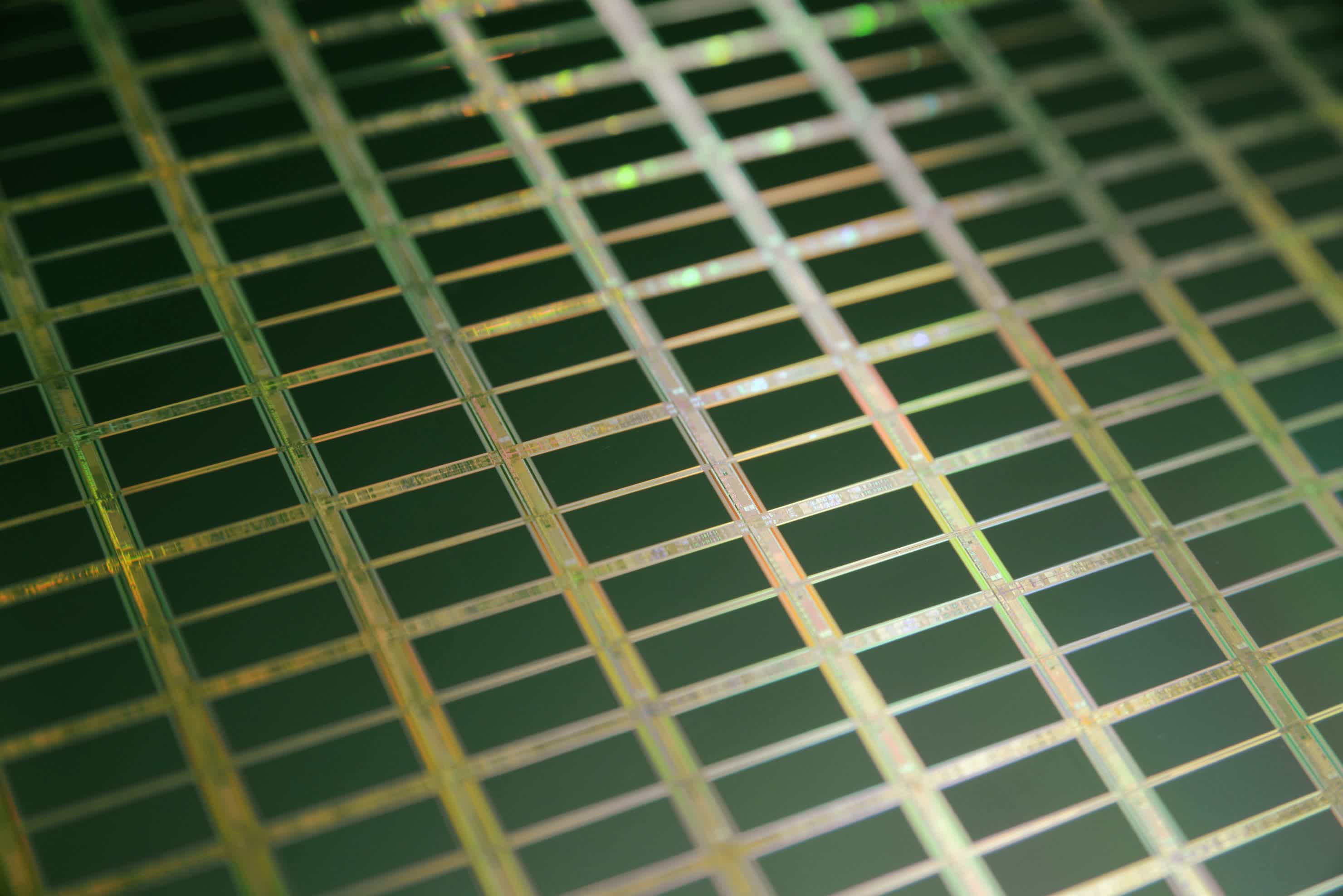
Last month, big news emerged from China's semiconductor industry: Oppo announced it was largely disbanding its Zeku chip division. This story may not have received much attention in the US, but we believe it's significant, meriting mention in the broader context of non-chip companies designing their own chips. We've long discussed this topic as more and more companies attempt the feat. Does Oppo's move signify a turning point? Will we see more companies abandoning these projects?
First, some background. Due to a variety of reasons, the past decade's economic landscape has enabled large chip consumers to enter the market of chip design. Well-known examples include Apple's M-Series CPU and Google's TPU AI accelerator, but there are many more.
Editor's Note:
Guest author Jonathan Goldberg is the founder of D2D Advisory, a multi-functional consulting firm. Jonathan has developed growth strategies and alliances for companies in the mobile, networking, gaming, and software industries.
This trend extends beyond big tech companies to the likes of John Deere and Wi-Fi access point maker, TP Link. Our thesis is that companies only undertake this when the chip conveys some form of strategic advantage; designing a chip solely for minor cost-saving is not a profitable proposition. Google, for instance, saves billions in capital expenditure because of its chips, while Apple's chips drive better device performance resulting in tens of billions of incremental sales.
A list of companies designing their own chips
| Alibaba | Microsoft |
| Amazon | NTT DoCoMo |
| Apple | Oppo |
| Baidu | Samsung |
| Byte Dance | Seagate |
| China Mobile | SK Telecom |
| Cisco | Tencent |
| Tesla | |
| Ford | TP Link |
| Fujitsu | Vivo |
| Western Digital | |
| Hitachi | Xiaomi |
| John Deere | ZTE |
| Korea Telecom |
Source: Digits to Dollars
This brings us to Oppo, a company in the challenging position of competing against Apple. Apple has its own Applications Processor (AP) for its phones, conferring a significant competitive advantage. This advantage comes at the expense of Oppo and its peers. Consequently, the rationale for designing their own chip is sound, but somewhere along the line, something went wrong.
Reports from the Chinese press indicate that Oppo didn't achieve the results it anticipated, despite the enormous expense of their endeavor. From what we can gather, Oppo wasn't designing a complete AP; instead, they focused on a sub-system, likely around imaging, which they deemed critical. Despite substantial investment in their chip, they didn't see any significant market response and lost further share to Apple and domestic competitors.
We suspect Oppo hasn't completely abandoned the project but has definitely scaled back its ambitions. Furthermore, Oppo has an insurance policy built into their plans. Oppo is owned by the BBK Group which also owns Vivo, RealMe and a handful of other brands. While these companies ostensibly operate independently, they share engineering resources on technical matters. Internal group dynamics are speculative at best, but if Vivo successfully designs its own chip, Oppo could likely source it from them at some cost.
In summary, while Oppo's situation highlights a specific set of circumstances that may not lead others to abandon their chip development efforts, it does point to the limits of this model. Designing a chip is still expensive, and there are probably only a few hundred companies worldwide that can afford it. More importantly, Oppo's case underscores the critical role of software.
In simple terms, Apple controls its software, Oppo does not, it runs Android. Consequently, many benefits Apple enjoys from its A-series chips are unavailable to Oppo. This obstacle, more than any other, likely hindered Oppo. This is going to be a problem for other handset makers as well, but is less relevant to many of the other companies on that list above.
Oppo has largely given up designing its own chips, but they faced a very specific set of challenges which do not apply to many of the others looking to roll their own semis. So while we think there are limits to who will design their own chips, there is likely still room for others to enter the mix.
https://www.techspot.com/news/99329-reaching-limits-homegrown-silicon.html